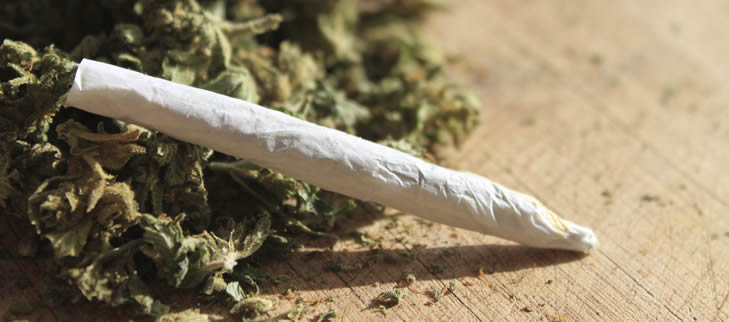
Felony Possession: Marijuana, Cocaine
The Lynch Law Group, P.C. aggressively defends drug cases of all kinds.
Georgia law makes it unlawful for any person to purchase, possess, or have under his control an illegal substance. As a general rule any drug charge with the exception of possession of marijuana less than one ounce is a felony. A person only needs to knowingly have physical control over the drug to be considered to have possession of it under the law.
For example, if you have cocaine in your locked car, you still are legally in possession of it. This is what is known in the law as constructive possession, you only need to have have the power and the intent to control the cocaine. Possession under the law may be sole or joint possession. Meaning the cocaine in the above example may belong to multiple people.
It is important to understand than in Georgia punishment is based on the weight of the illegal substance possessed. The criminal intent however is based on simply knowing you possess the substance and there is no requirement the State show you knew how much of the substance you possessed.
General Issues In Drug Prosecutions
Georgia law will not allow conviction in a drug case where the a Defendant is merely near drugs,
there must be more evidence linking the drugs to the Defendant than spacial proximity. For example, in Benitz v. State, the Defendant was with someone who sold drugs to an undercover officer, there was no evidence that he did anything more than know there was a drug deal commencing. The State could not prove he participated or aided in the drug deal and the Georgia Court of Appeals reversed his conviction. In some cases, a Defendant is entitled to a directed verdict of not guilty by the Judge when the only evidence of the drugs ownership is the Defendants ownership of the car, house, or place where the drugs were located.
Official Code of Georgia Annotated 16-13-2: Georgia Conditional Discharge Statute
Georgia law allows Defendants to use the conditional discharge statute to minimize their first drug prosecutions affect on their criminal record. To take advantage of this statute the Defendant must not been previously convicted of and prior drug offense relating to narcotic drugs, marijuana, or stimulant, depressant, or hallucinogenic drugs.
In simple terms this law allows a Defendant to either plead guilty or be found guilty of possession of a narcotic drug, marijuana, or stimulant, depressant, or hallucinogenic drug. The court during sentencing may without entering a judgment of guilt and with the consent of such person defer further proceedings and place him on probation. Generally the terms of probation will require the person to undergo a comprehensive rehabilitation program designed to acquaint him with the ill effects of drug abuse and to provide him with knowledge of the gains and benefits which can be achieved by being a good member of society.
If the Defendant violates of a term or condition of probation, the court may enter an adjudication of guilt. Upon fulfillment of the terms and conditions, the court shall discharge the person and dismiss the proceedings against him. Discharge and dismissal under this Code section shall be without court adjudication of guilt and shall not be deemed a conviction.
Drug prosecutions are one of the most serious criminal cases someone can be charged with in Georgia. If you are convicted it can affect you for years to come, long after the days in prison are over and the time spent on probation has ended. At the The Lynch Law Group, we fight hard to protect you from being convicted. We prepare every case as if it is going to trial because this how we are able to obtain the best outcome for you.



